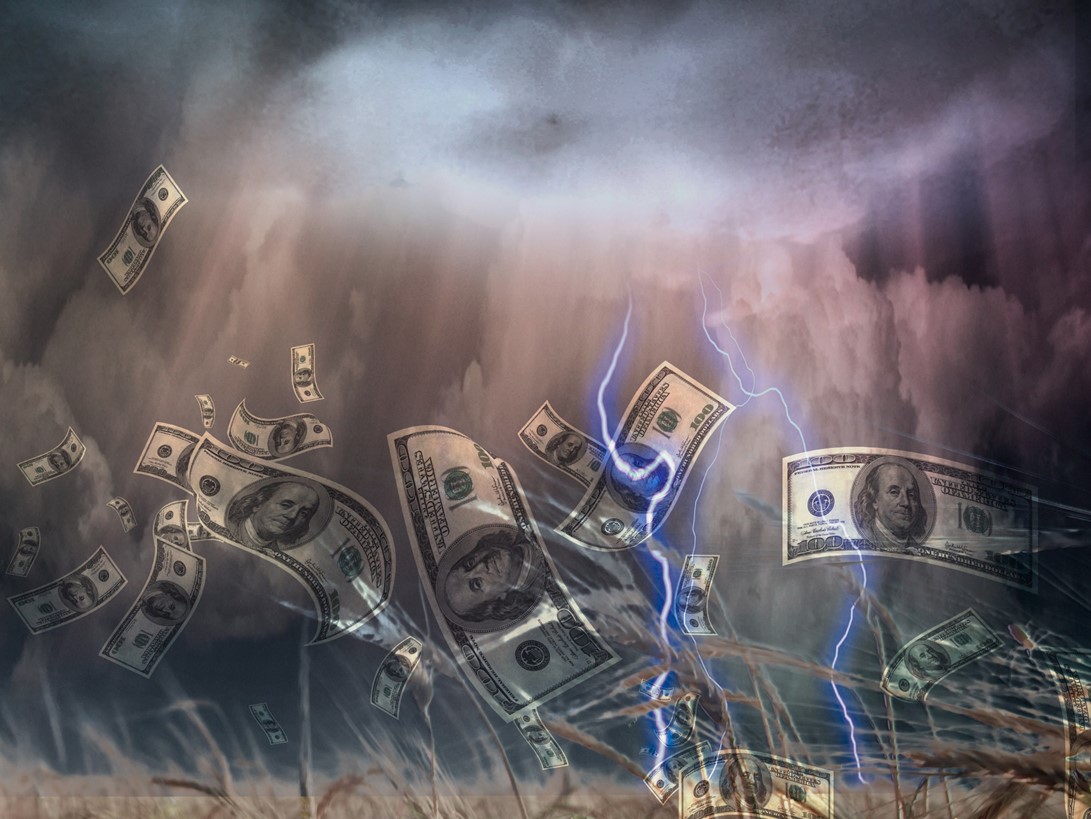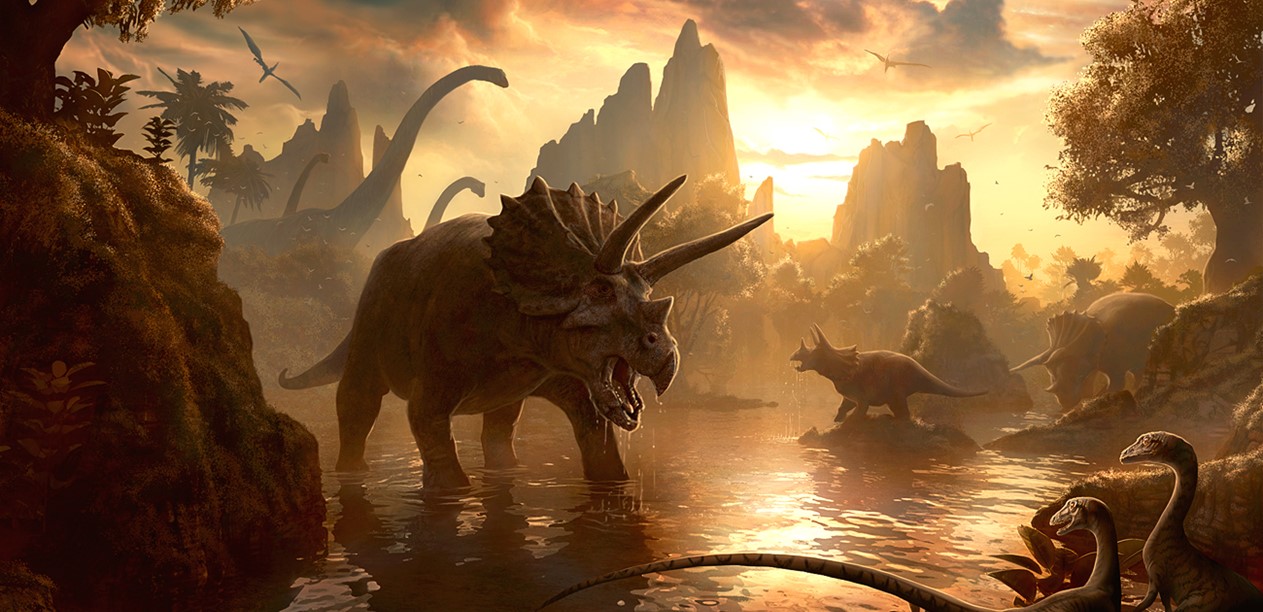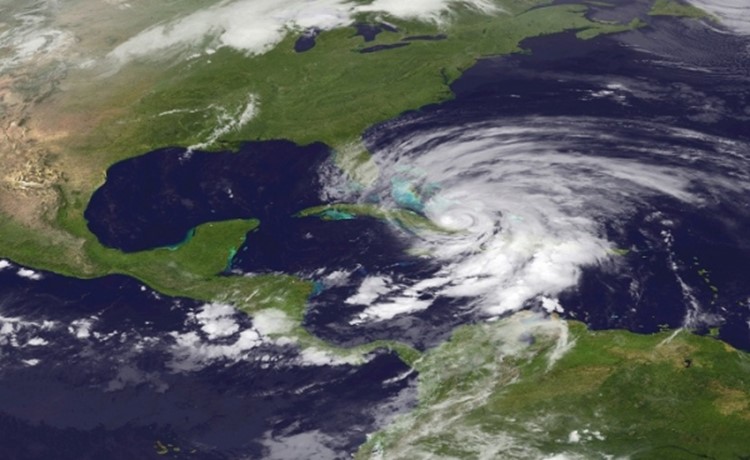Would Falling Off The Fiscal Cliff Really Be So Bad?
December 30, 2012 in Daily Bulletin

Centives has stayed away from the economics of the fiscal cliff – that’s the serious side of economics that we leave to more distinguished individuals. But Zachary Karabell’s article about why falling off the cliff wouldn’t be the end of the world caught our eye:
- While falling off the cliff is projected to create a recession in the first half of 2013; GDP is expected to rebound and grow by 2% in the second half.
- This short term pain will mean that over the longer term America’s debt and deficit issues will be mitigated to some extent.
- Additional legislation would also likely be introduced after America rolls off the cliff, to prevent the worst parts of the cliff from affecting the American populace.
Read more about the future of America, how the cliff plays into it, and an attempt to put the cliff in a greater global context over here.
Source: The Atlantic

















Join the Discussion! (No Signup Required)